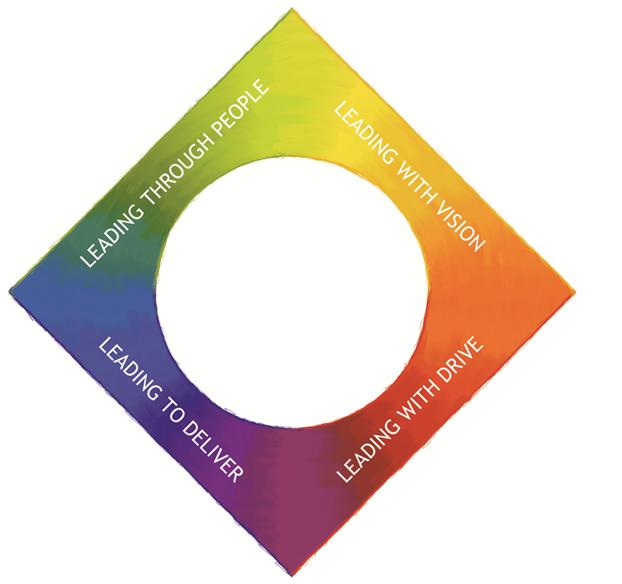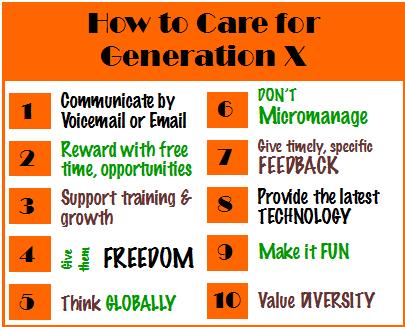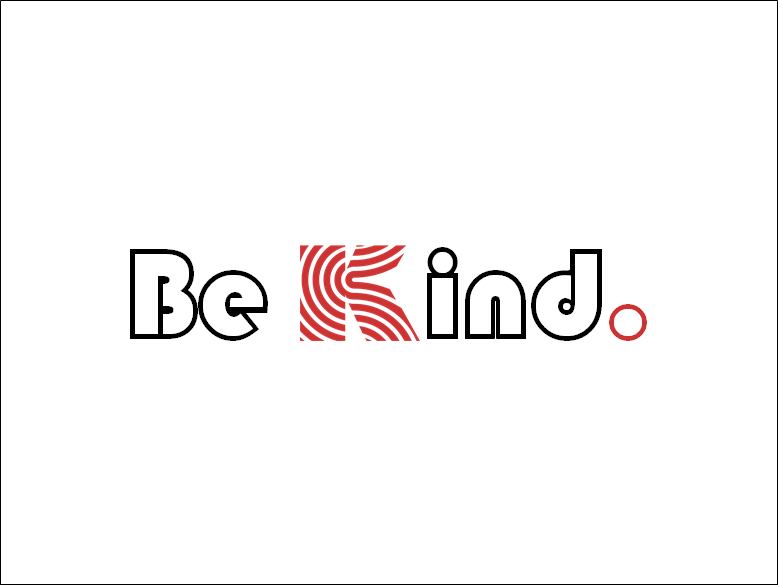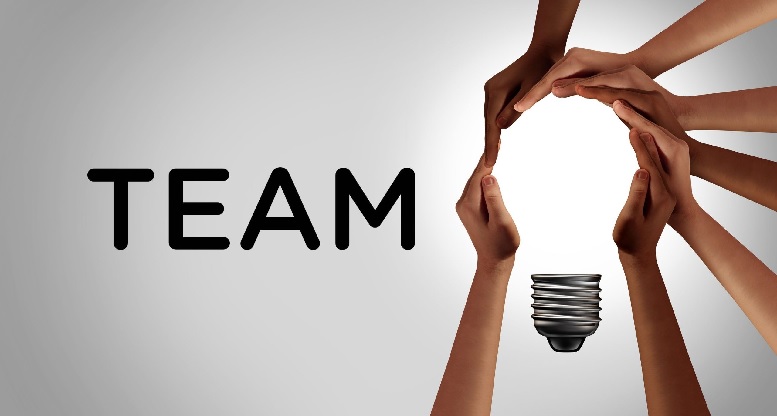There’s an old saying among recruiters and other hiring professionals – “Hire for attitude, train for skill.” Yet how many companies really do that? Look at any job description or posting and you’ll see plenty about the technical skills required and very little about the personal qualities or soft skills needed to succeed in the role.
This, despite the stat I talked about in my last blog – 85% of job success comes from soft skills, not hard skills.
The benefit of well-developed soft skills is borne out pretty quickly in an employee’s job tenure. A study by Leadership IQ, a research and training company, found that 46% of new hires will fail within their first 18 months. Why? Not because of a lack of technical skills, which only accounted for 11% of the failures, but because of their lack of soft skills.
According to the study, “26% of new hires fail because they can’t accept feedback, 23% because they’re unable to understand and manage emotions, 17% because they lack the necessary motivation to excel, 15% because they have the wrong temperament for the job.”
I say it’s time we rethink how we develop job descriptions and go about attracting and developing the right people for the right positions within our organizations. In addition to requiring that candidates have the right job-related skills, include the soft skills that will help the candidate succeed in the role. Then, in addition to creating questions around technical skills, train your hiring managers and other interviewers to ask well thought-out behavioral questions that will determine whether the candidate has the personal qualities and interpersonal skills that are needed for the job and to be a contributing member of the team.
Create a culture where the “soft skills” are valued as much or more than the “hard skills.” Review your learning and development strategy to ensure that employees have opportunities to build their capabilities in problem solving, innovation, emotional intelligence and other competencies that will help them succeed. Promote people to leadership roles not because they are the best at the function or have been there the longest, but because they demonstrate the personal qualities that will set the bar for the organization in creating the workforce for the future.
And, for those of you who are job seekers, take an inventory of your soft skills. Which of those skills have contributed most to your past success? Have you included them on your resume? Do you have specific examples of how you’ve leveraged those skills to achieve success in previous roles? What skills or behaviors do you need to work on to be ready for your target role/organization? What’s your plan for improving those skills and behaviors?
Till next time,
Karen









